

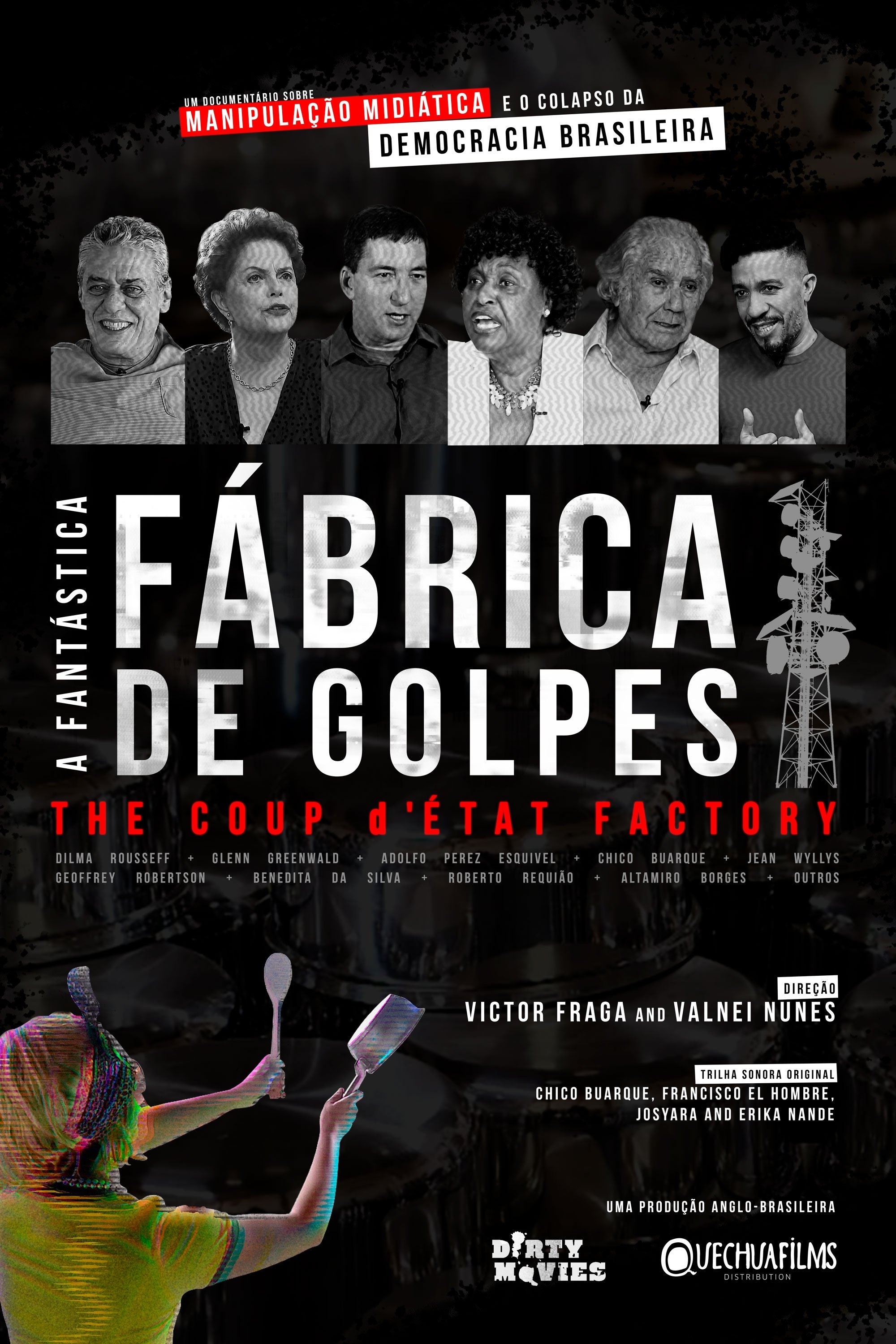
Brazil has a long tradition of coup d'états. These coups would have not been viable without the support of the big media, particularly TV Globo. Two Brazilian journalists in the UK reveal the manipulative tactics of these organisations.
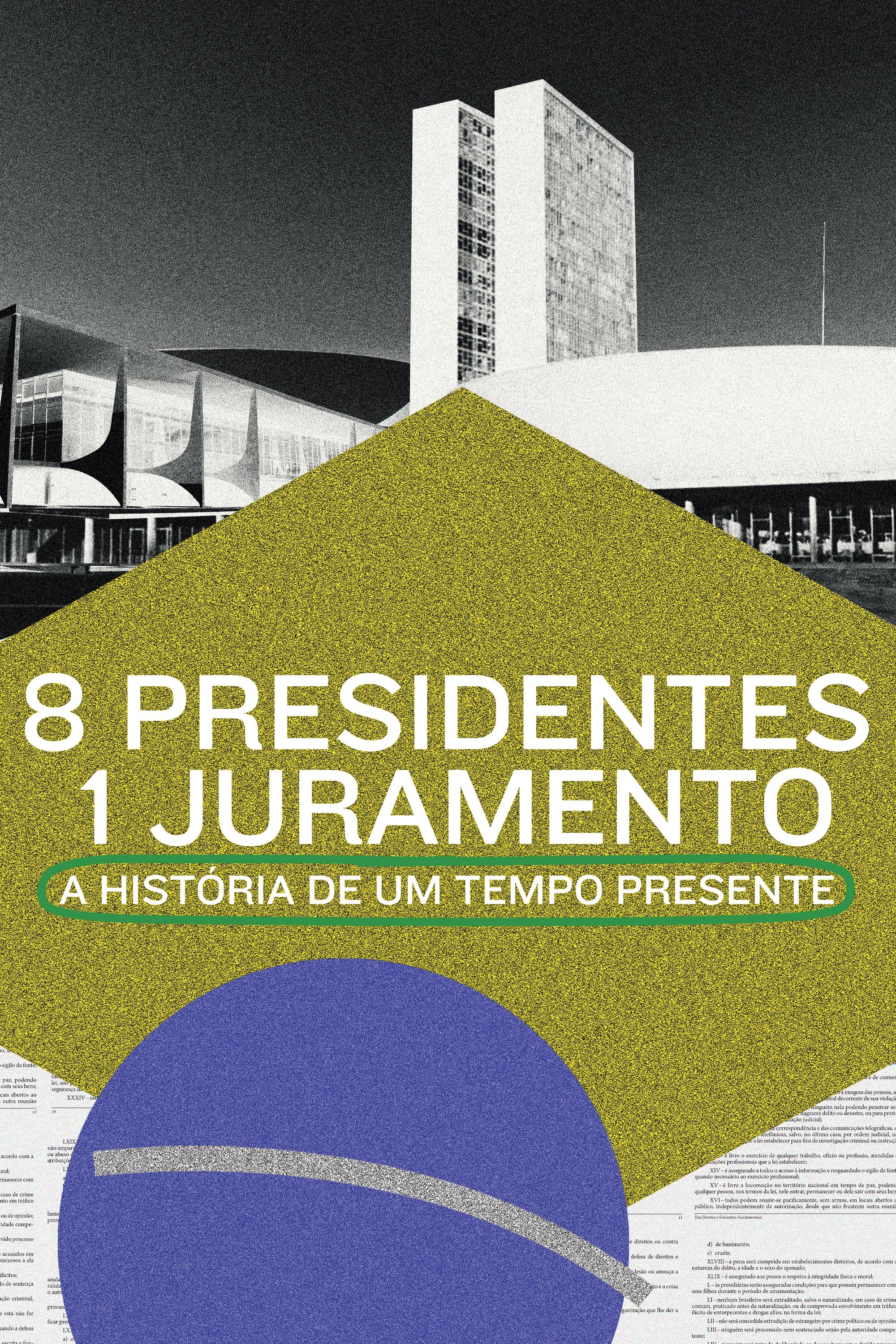
The movie is a collage and comentary of varied third party footage on news relating to each and every one of the eight Presidents of Brazil who took office since the end of the military government, from José Sarney to Jair Bolsonaro.
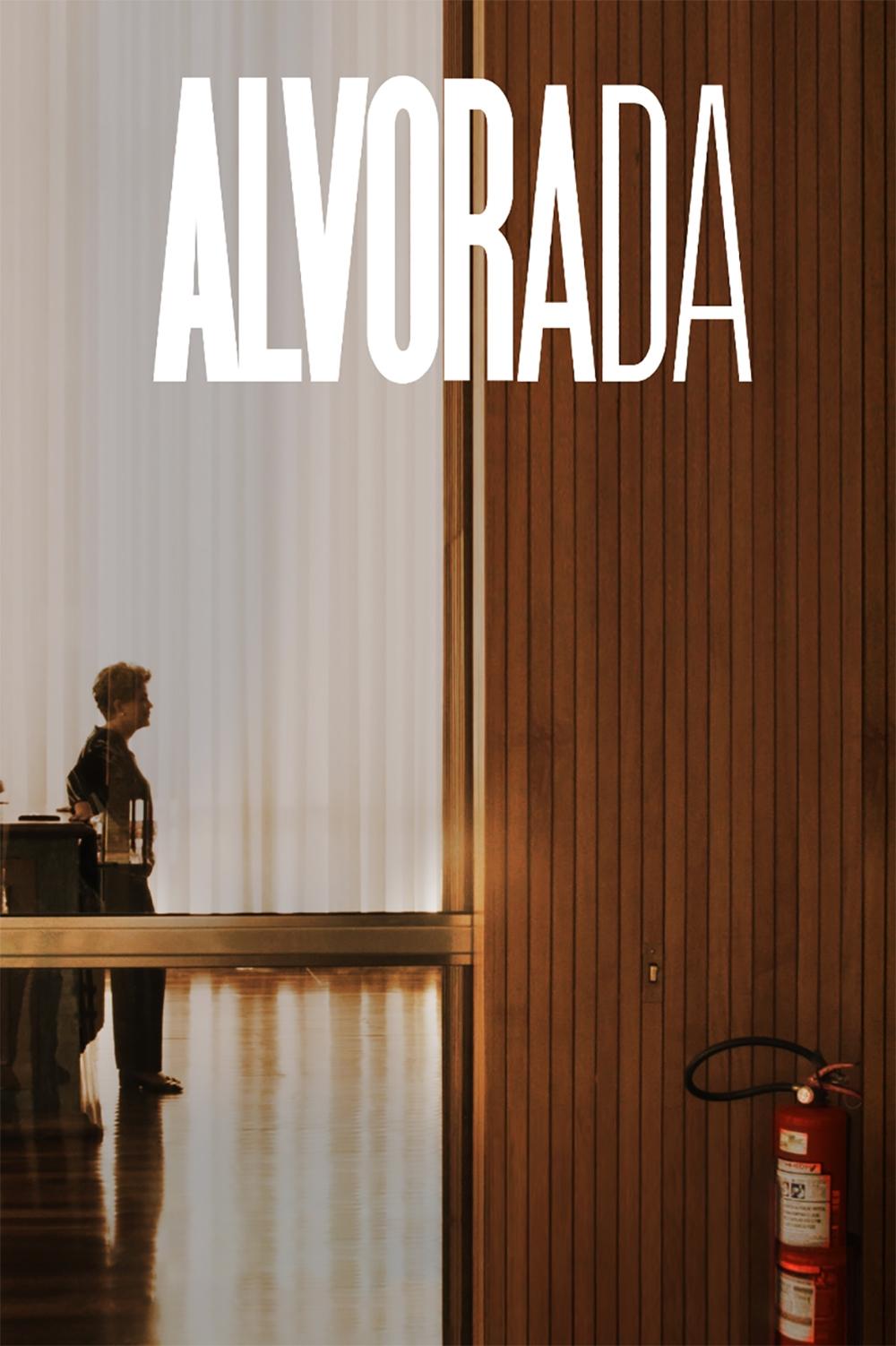
The film narrates, from an intimate point of view, the daily life of President Dilma Rousseff in her official residence, the Palácio do Alvorada, while awaiting the verdict of the impeachment process. Portraying the hallways of the palace, designed by Oscar Niemeyer, we see the coming and going of political meetings, the daily routine of the kitchen, the exchange of guards, whispers and phone calls. We feel the growing tension of officials, advisers and former ministers.

César Benjamin was arrested in August 1971 during student protests against the Brazilian military dictatorship. Although he was a juvenile, he was tried as an adult and sentenced to 13 years in prison. Thanks to the ardent campaigning of his mother Iramaya, working closely together with the Swedish branch of Amnesty International, he was released five years later.

When numerous schools in São Paulo were slated to be closed in 2015 as a result of the worsening socio-political crisis, students occupied more than a thousand public buildings in an unprecedented act of self-empowerment. Filmmaker Eliza Capai shows the development of the many-voiced protests, using news excerpts, self-conducted interviews and recordings made with activists’ own cell phone cameras. From the first demonstrations in 2013 and continuing all the way to the election of the extreme right-wing presidential Jair Bolsonaro in 2018, Capai’s highly political work becomes more and more relevant with each passing day.

"El odio" describes the discrediting campaign against Lula da Silva and the Workers' Party in Brazil, demonstrating how this process led Jair Bolsonaro to the presidency. Conducted by Argentine documentary filmmaker Andrés Sal.lari, also details the participation of Judge Sergio Moro, the media and Washington in the entire operation.
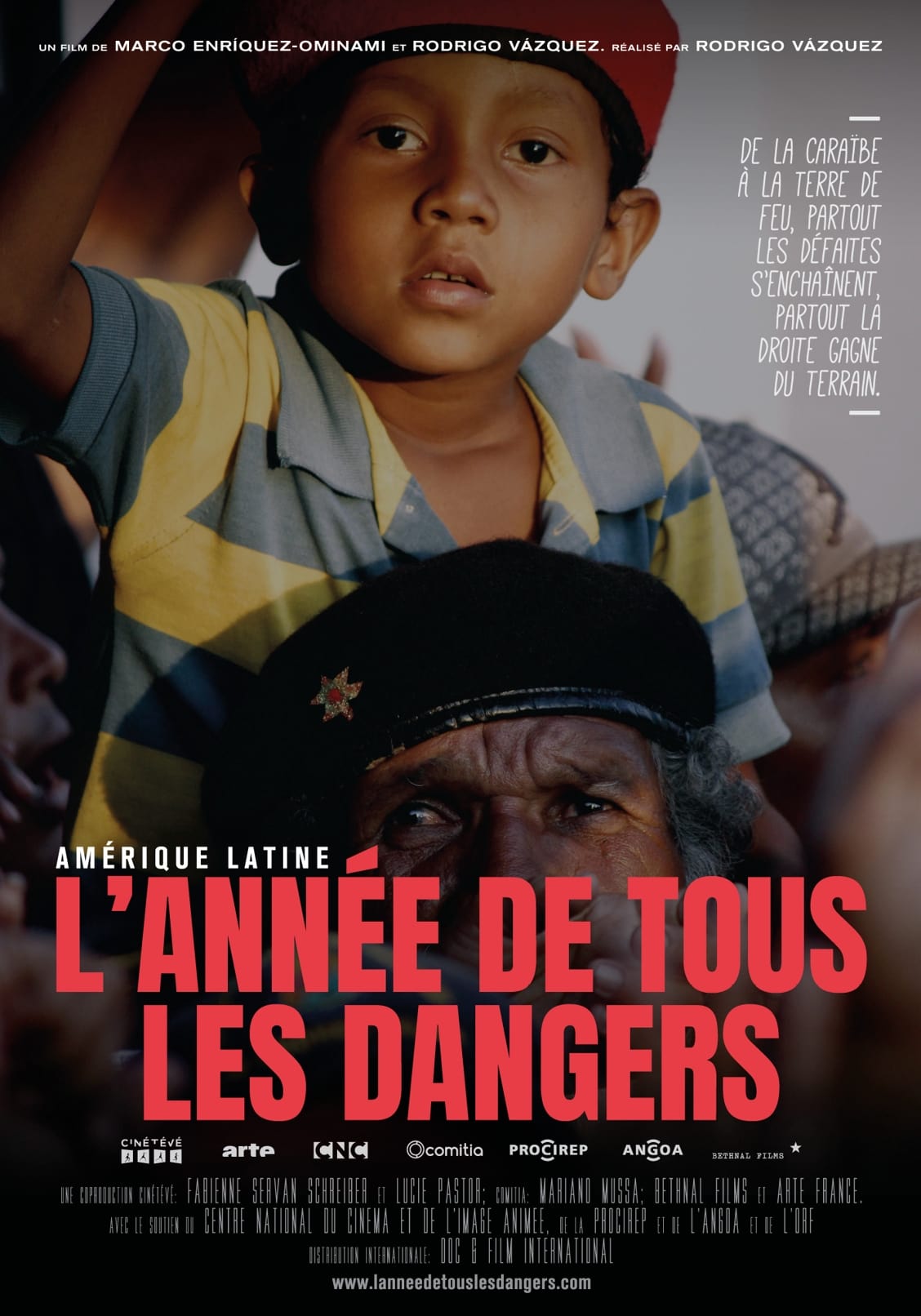
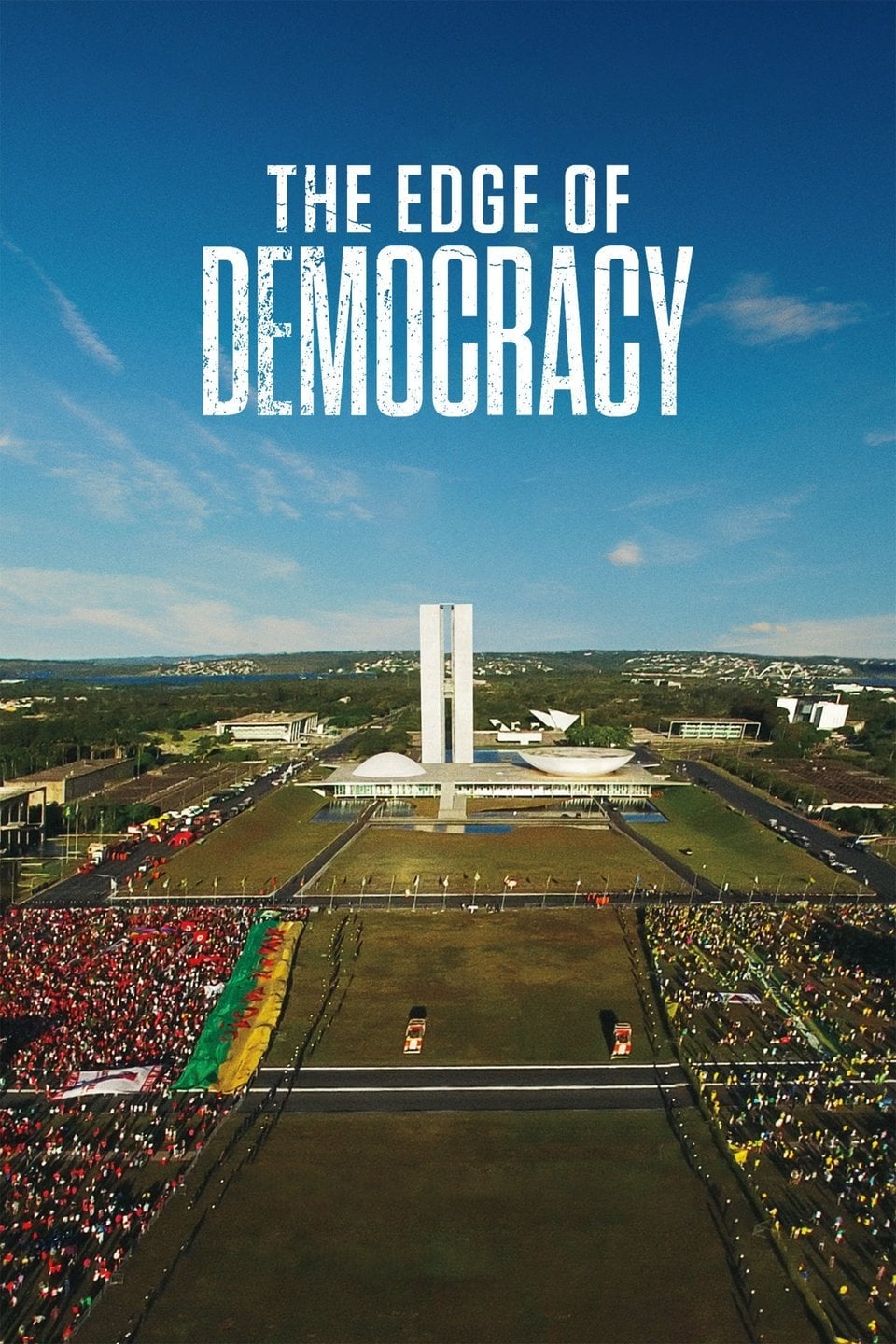
A cautionary tale for these times of democracy in crisis—the personal and political fuse to explore one of the most dramatic periods in Brazilian history. With unprecedented access to Presidents Dilma Rousseff and Lula da Silva, we witness their rise and fall and the tragically polarized nation that remains.
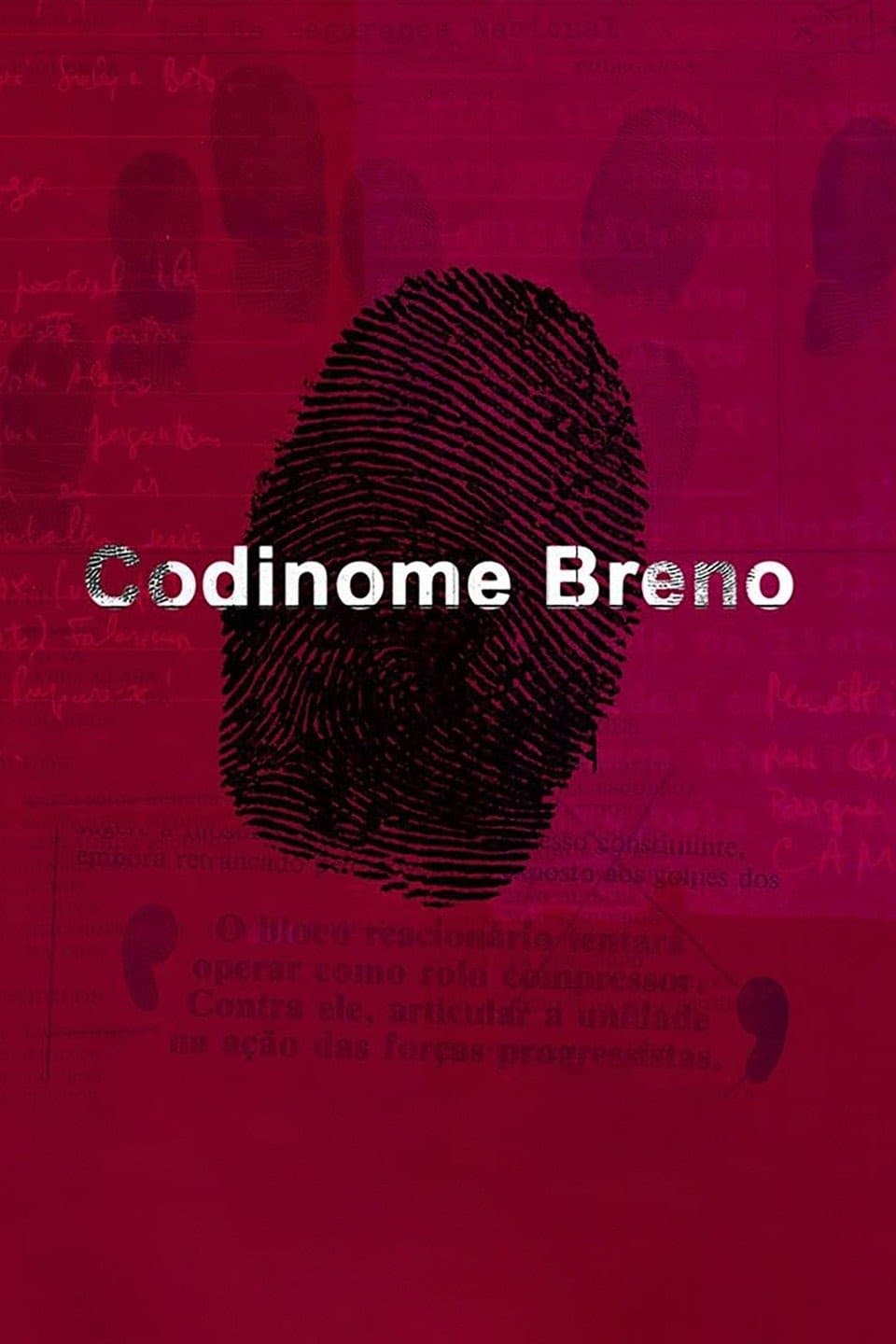
Memory has drawers that hide our past, but fear and longing prevent us from accessing them.
Dilma Vana Rousseff is a Brazilian economist and politician who served as the 36th president of Brazil, holding the position from 2011 until her impeachment and removal from office on 31 August 2016.
By browsing this website, you accept our cookies policy.